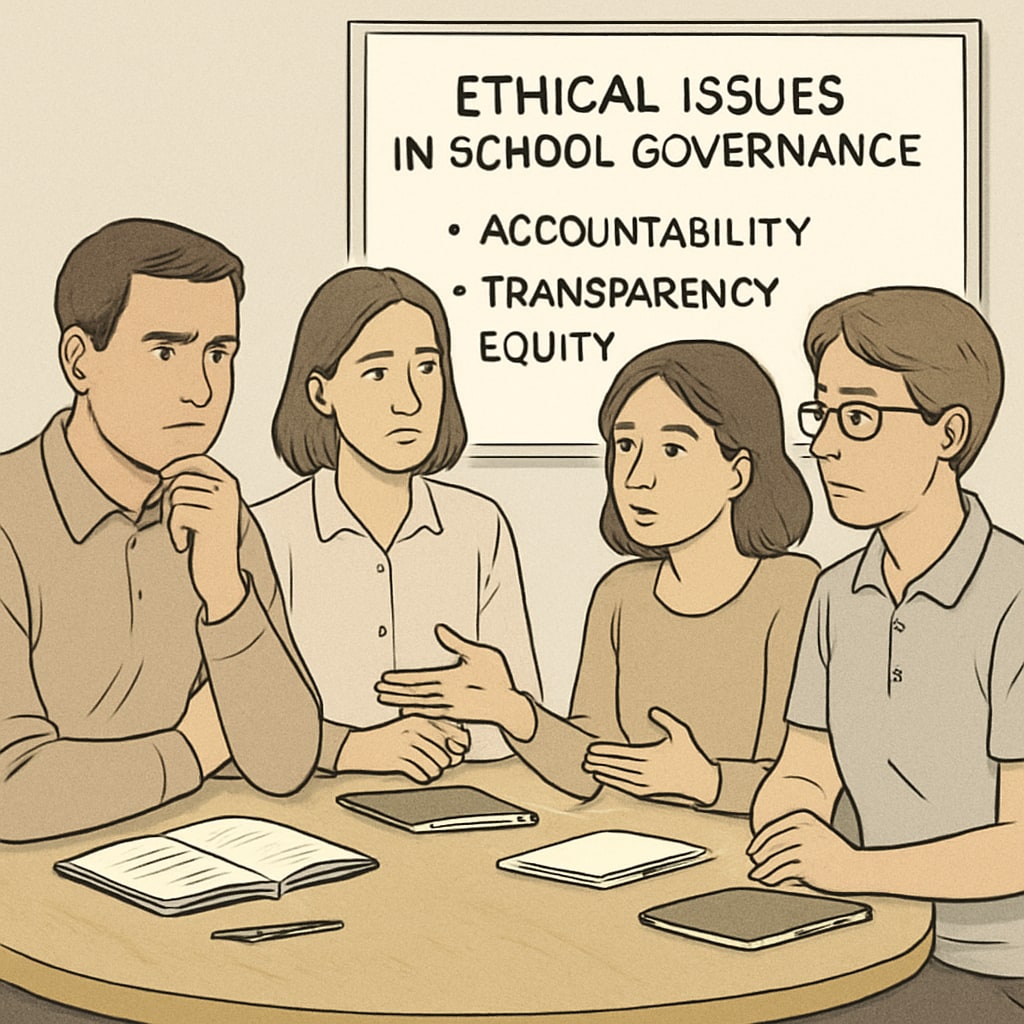When a school board member’s history of child abuse comes to light, the community faces a moral and practical dilemma. The role of the school board is pivotal in shaping the values and policies of educational institutions. Therefore, ensuring its members uphold the highest ethical standards is crucial. This article examines the importance of moral integrity in educational leadership and provides actionable steps for communities to organize and advocate for change when faced with such situations.
Why Moral Integrity Matters in Educational Leadership
School board members are entrusted with guiding the development of policies that directly impact students’ lives. Their decisions influence curricula, safety measures, and the overall culture of the school. When someone with a history of child abuse is in a position of authority, it undermines trust and compromises the safety of students. As a result, the community must demand transparency and accountability in the selection of school board members.

How Communities Can Organize Effective Advocacy
Advocating for change requires strategic planning, unity, and persistence. Here are steps communities can take to ensure their voices are heard:
- Research and Gather Evidence: Understand the background of the school board member and collect credible information to present your case.
- Raise Awareness: Use social media, local news outlets, and community meetings to inform others about the issue.
- Petitions and Letters: Organize petitions and write letters to relevant authorities, such as the school district or local government.
- Attend Public Meetings: Speak out during school board meetings and demand accountability.
- Collaborate with Advocacy Groups: Partner with organizations specializing in child protection and educational ethics for additional support.
For example, community groups that have successfully advocated for school board reform often collaborate with organizations like Britannica on Child Abuse Awareness. Their expertise can provide valuable resources and guidance.
Long-Term Solutions for Ethical School Governance
While addressing immediate concerns is essential, communities should also focus on long-term strategies to prevent similar issues in the future:
- Background Checks: Advocate for mandatory background checks for all school board members.
- Ethical Committees: Encourage the establishment of committees to oversee the ethical conduct of board members.
- Policy Reforms: Push for policies that require transparency in the selection and evaluation of school leadership.
- Community Representation: Ensure diverse representation in school boards to reflect community values.
These measures not only protect students but also reinforce the integrity of the educational system. For further reading on governance in education, consider resources like Education Governance on Wikipedia.

Conclusion: The Power of Community Action
In instances where individuals with a history of child abuse are part of decision-making bodies, communities must act decisively. By raising awareness, organizing advocacy efforts, and pushing for systemic reforms, they can safeguard the integrity of educational institutions. Protecting children and ensuring ethical leadership are responsibilities that demand vigilance and collective action.
Readability guidance: This article uses short paragraphs, lists to summarize key points, and ensures a balance of active voice and concise language. Transition words like “however,” “therefore,” and “for example” enhance the flow of ideas.


